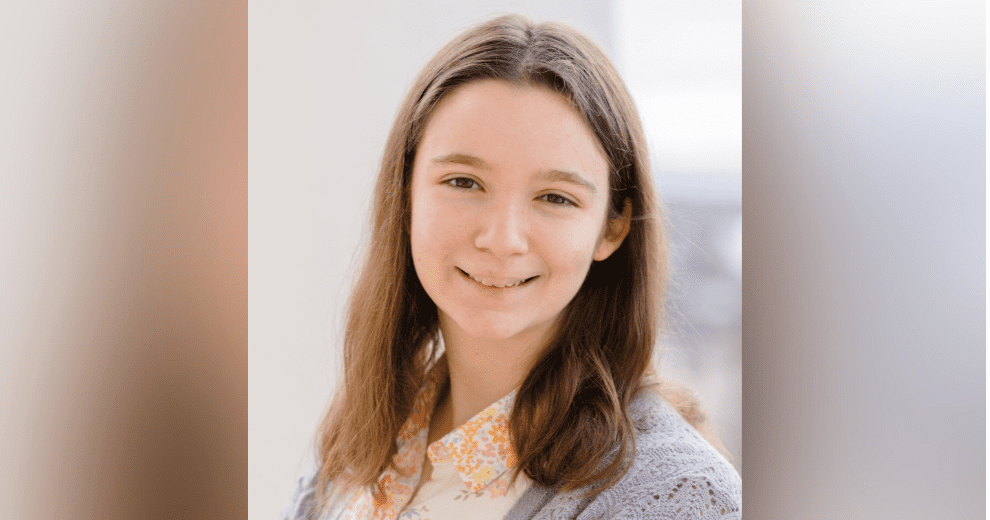Meagan Cuomo ’23 has taken her senior criminal justice project to the next level: Months of hard work and research will culminate in proposing a new teen court program to the Central Shenandoah Valley Office on Youth on April 28.
“This is an important initiative that, if implemented, has the potential to make a major positive impact on our locality,” said MBU Criminal Justice Professor Paige Reed, who worked closely with Cuomo on the 2023 Capstone Project. Her work on this “has been nothing short of amazing.”

Cuomo’s proposal argues the benefits of creating a restorative justice option for first-time juvenile offenders in Staunton, Waynesboro, and Augusta County. Youth court programs use court-like procedures in courtroom settings to offer a non-binding alternative to regular juvenile court processes for minors who have committed offenses like traffic violations, vandalism, or larceny. The courts are usually overseen by adults, but managed by specially trained volunteer teens with an interest in the criminal justice system. Sentences are made by a peer jury and focus on applying positive peer pressure and sanctions like community service, jury duty, letters of apology, essays, counseling, substance abuse workshops, and more. Offenders who fail to comply return to juvenile court to face their original charges.
There are currently around 1,400 youth courts in the U.S., but only one in Virginia. Research from the Urban Institute has proven their efficacy — with some reducing rates of recidivism among offenders by nearly 200 percent.
The goal is to intervene in a way that helps “justice-involved youth take full responsibility for their actions and understand the impact that their actions have on themselves and others,” Reed said. “They then work to repair any harm that was caused, and thereby remain a valued member of their community.”
But teen court systems do more than benefit offenders.
“Youth volunteers have the opportunity to build their confidence and self-esteem, increase their social and public speaking skills, gain compassion and understanding, and gain knowledge of the judicial system and legal processes,” said Reed. “Our local juvenile justice system will also benefit by having an alternative for justice-involved youth that decreases the amount of kids that go through the traditional juvenile court process and [could dramatically reduce recidivism].”
“Restorative justice approaches reduce recidivism rates significantly, specifically with youth, and I am really hopeful that a program like this could benefit our local criminal justice systems and the youth involved.”
Meagan Cuomo ’23
Cuomo was introduced to teen courts — and the underlying social issues they seek to address — while taking Reed’s honors class about diversity in the criminal justice system. She sees the research project and proposal as both the crowning achievement of her undergraduate career, and a stepping stone to future professional success.
“Learning about youth courts, as well as actually visiting a fully developed one in Richmond, has been an amazing opportunity that I am so thankful for,” Cuomo said. “This project has allowed me to make many connections with individuals who work in various aspects of the criminal justice field.”
She’s currently working with those connections to apply for positions as a legal assistant.
“Right now, I’m hoping to gain some experience and see if the legal field is a career I would like to pursue on a higher level,” said Cuomo. But whether she ends up at law school or otherwise, she says Mary Baldwin University introduced her to what she knows will be a lifelong “passion for the field of criminal justice.”